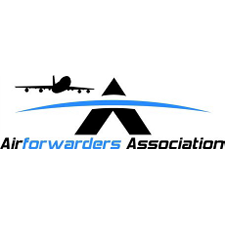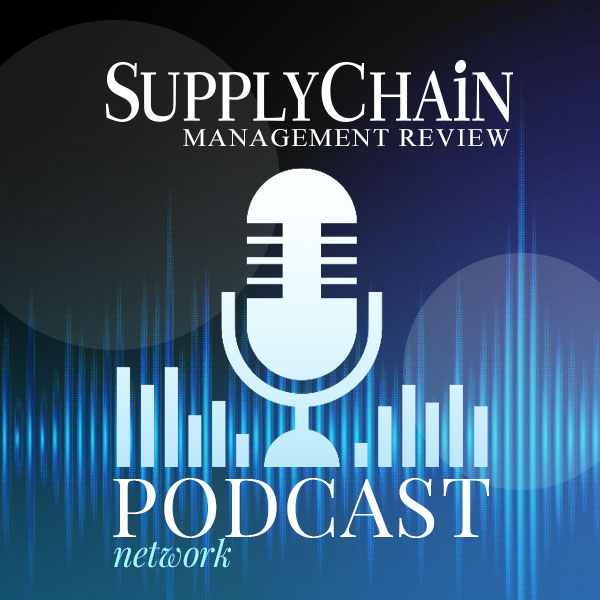
Editor’s Note: Brandon Fried, executive director of the Airforwarders Association recently shared his forecast and views on the current state of air cargo with SCMR.
Supply Chain Management Review: What new service levels should shippers expect from air cargo providers?
Brandon Fried: Our members are focusing on providing the customer with technology, visibility, and service flexibility today more than ever. Freight forwarders are playing an ever-increasing role in the e-commerce world where automation is essential in assisting shippers with their online fulfillment needs. Providing suitable platforms for easy order entry and shipment in transit visibility are crucial as is the flexibility of offering many types of services that allow for out of the ordinary load sizes, multiple distributions and if necessary, shifting to other modes to get the job done.
SCMR: Do you anticipate any new regulatory challenges to come about this year?
Fried: The new presidential administration ordered an immediate regulatory stand down halting regulations in the process pending their review. The most significant rule in the process for the air cargo industry in the United States is the Air Cargo Advance Screening initiative, requiring the submission of shipment data to the Department of Homeland Security before shipments bound for the United States loading at foreign airports. Since this proposed regulation will ultimately be an essential tool in the screening process, we look forward to the administration releasing its Notice of Proposed Rulemaking as soon as possible.
SCMR: Anything else?
Fried: Good question. We also look forward to working with TSA in initiating a privatized canine program where dogs, trained and supported by the private sector and validated by the agency will be allowed to screen cargo as part of the Certified Cargo Screening Program. While we value technology as an essential component of the screening process, using canines as a primary screening method not only provides another tool in the arsenal but allows for the screening of types of shipments that may prove challenging to screen using conventional technological methods.
We also hope that the new administration will appoint political leadership to the TSA as soon as possible since the security mission of this agency depends upon adequate guidance from the president.
SCMR: What about security issues? Any new concerns?
Fried: Our government and the air cargo industry today is smarter about security than ever before, but there remains a collective realization that the sector remains a top terrorist target and that we can never reduce our vigilance. TSA is always changing our security programs in response to this threat, and our stakeholders remain very active within the Department of Homeland Security through frequent participation on its numerous security advisory committees.
SCMR: Will the current air cargo infrastructure support a surge in demand?
Fried: While we believe that new airplanes entering service now provide more belly capacity than ever before, The Airforwarders Association remains concerned about airport cargo infrastructure. Insufficient road access to cargo terminals creates congestion and high driver waiting times while threatening the value proposition unique to air cargo of delivering shipments quickly. In the last year, our organization has sponsored regional events in Boston, Chicago, Los Angeles and Dallas in a town hall setting to discuss the issue with local officials and other stakeholders. The problem will not be solved immediately, but over time, we look forward to working with airport planners and local officials in making sure air cargo remains a vital component of future expansion and revitalization plans.
SCMR: What great strides in technology and information services do you expect to occur this year?
Fried: Thanks to cloud computing, automation in the freight forwarding industry has never been less expensive, and forwarders are enhancing their technical assets to provide better end to end visibility to the customer. The challenge continues to be designing systems that can work not only with one company but across many platforms. The most significant advancement in automation continues to be CBP's Automated Commercial Environment system that allows one portal for import and export trade-related filings. The agency has made considerable progress in this area, but there is work to be done. When complete, the system will be one of the best single window trade portals in the world.
SCMR: Do you see any new players emerging to challenge traditional carriers?
Fried: We are seeing the entry of online retail giants offering logistical services in the marketplace which may or may not be challenging to the industry. As you may know, both Alibaba and Amazon have purchased Non-Vessel Operated Common Carrier certificates, and Amazon now flies 40 aircraft throughout the United States. While we understand that these initiatives could be attempts at driving efficiencies within their fulfillment schemes, offering delivery services of products not sold by them may be a possibility in the future.
SCMR: How can shippers ensure that they will have enough capacity when they need it?
Fried: Forwarders continue to provide creative solutions to even the most complex logistical challenges since they are not bound to one system for transporting cargo. Shippers and their forwarding partners must work closely together in anticipating future needs so that that capacity can meet requirements in response to any demand presented. Indeed, flexibility and creativity are the cornerstones of forwarding success in assisting shippers to execute their business plans.
SC
MR


More Associations
- Supply Chain’s Top Trends for 2024 Require Talent Investment for Success
- ASCM Introduces Resilience Certificate
- National Retail Federation Acquires Reverse Logistics Association
- The changing face of supply chain executive education
- The Association for Supply Chain Management announces North American Supply Chain Tour
- Chris Rezendes named to the Reverse Logistics Association Advisory Board
- More Associations
Latest Podcast

 Explore
Explore
The Academy News
- AI, virtual reality is bringing experiential learning into the modern age
- Predicting stockouts: Enhancing FMCG resilience through data-driven insights
- Finding the Right Approach for Supply Chain Education
- The Supply Chain Triad
- Innovating Supply Chain Higher Education with Generative AI
- How Smart Supply Chain Management Boosts Brand Identity
- More The Academy
Latest Academy Resources

Subscribe

Supply Chain Management Review delivers the best industry content.

Editors’ Picks





